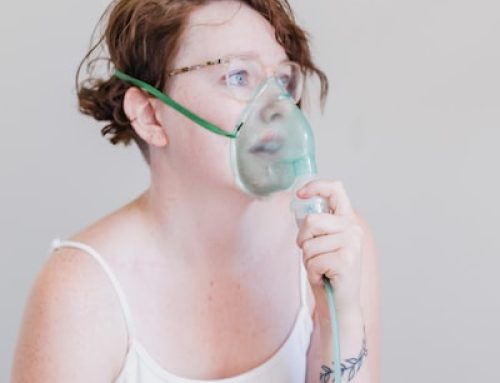Finding out someone you love or care about is suffering from an Eating Disorder can be a shocking and scary discovery. It can be difficult to know what to do in that situation or how to help him or her. Even though you may not know how to react in the situation it is important to express your concern and offer to help. It is a real possibility that your help may not be well received and it is important to not give up. You may not have any power over the other person’s behavior but you do have the power to choose how you will handle the situation.
Steps you can take are:
-Be empathetic. Empathy is the experience of “being in someone else’s shoes.” It is important to try to understand the other person’s experience. This step is not about changing behavior but letting the other person know you recognize the importance of what they are experiencing. When we feel understood we are more likely to open up to others and accept help and guidance from others. This is why being empathetic is such as important step.
-Understand that asking for help is one of the hardest things someone suffering from an Eating Disorder will do. It is important to highlight that asking for help and support is a sign of strength and that they do not have to do through it alone.
-Express concerns based on observations. Using “I” statements to reflect your perspective without sounding judgmental. Instead of “You never eat” you can say “I see you’re not eating and I’m worried about your health.”
-Be prepared with treatment resources and accept your own limitations. Check out resources for Eating Disorder treatment and be ready to offer suggestions and help in booking appointments or going with the individual to their first doctor or therapist session. Accept that you may be rejected in the beginning. It won’t help to argue with the person but don’t give up. It may take several conversations to break through. (However, if a person’s life is in immediate danger, seek medical help right away). Remember that there is only so much you can do for someone else and unless they are ready to make a change, you will be limited in what you can do. Do not forget to take care of yourself in the process.
If you do suspect that someone you love may be suffering STA can help by providing individual therapy, psychiatric services and group sessions. The National Eating Disorder Association also has information and brochures. For further information or should you have any interest in treatment please call 201.488.6678 for details.





